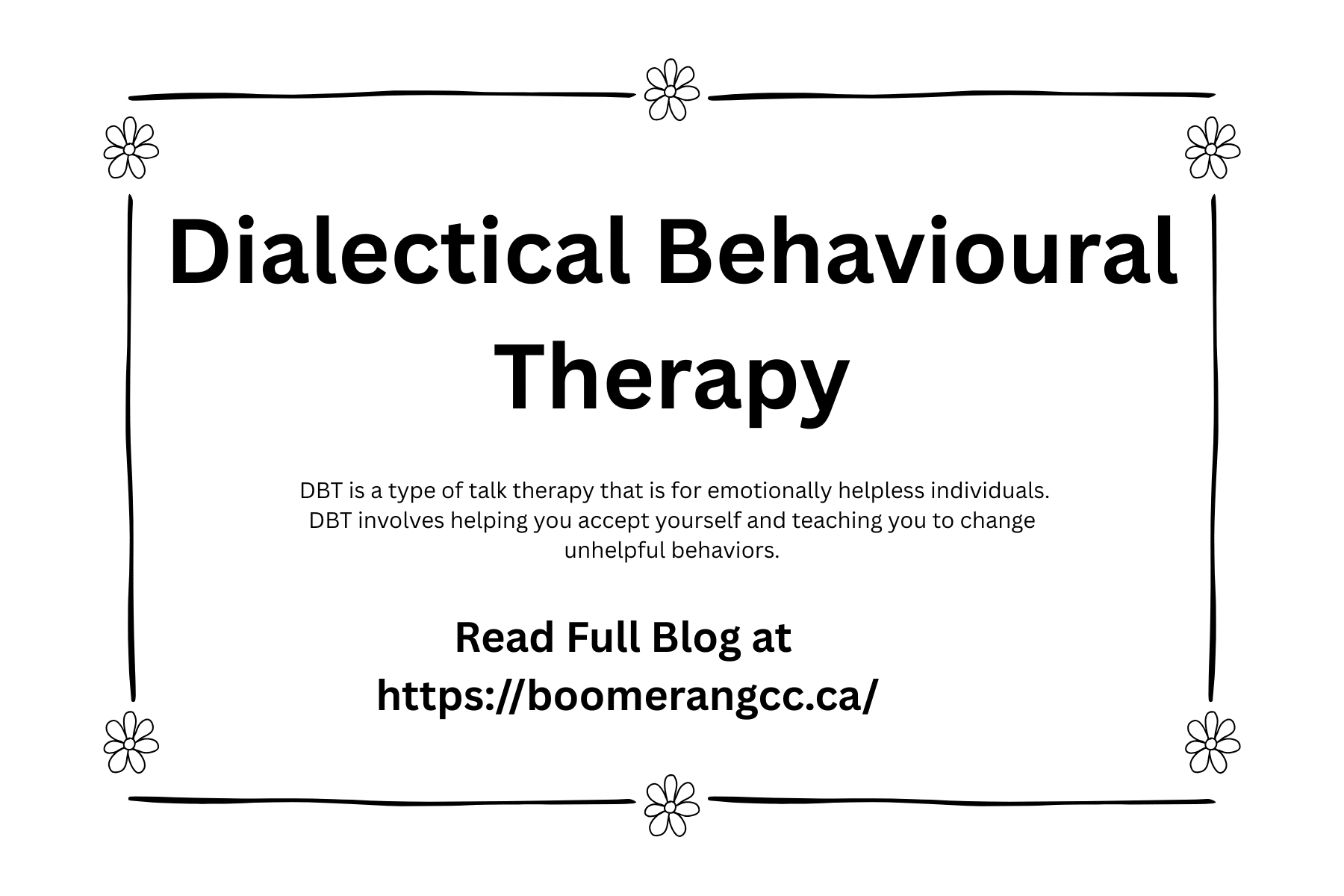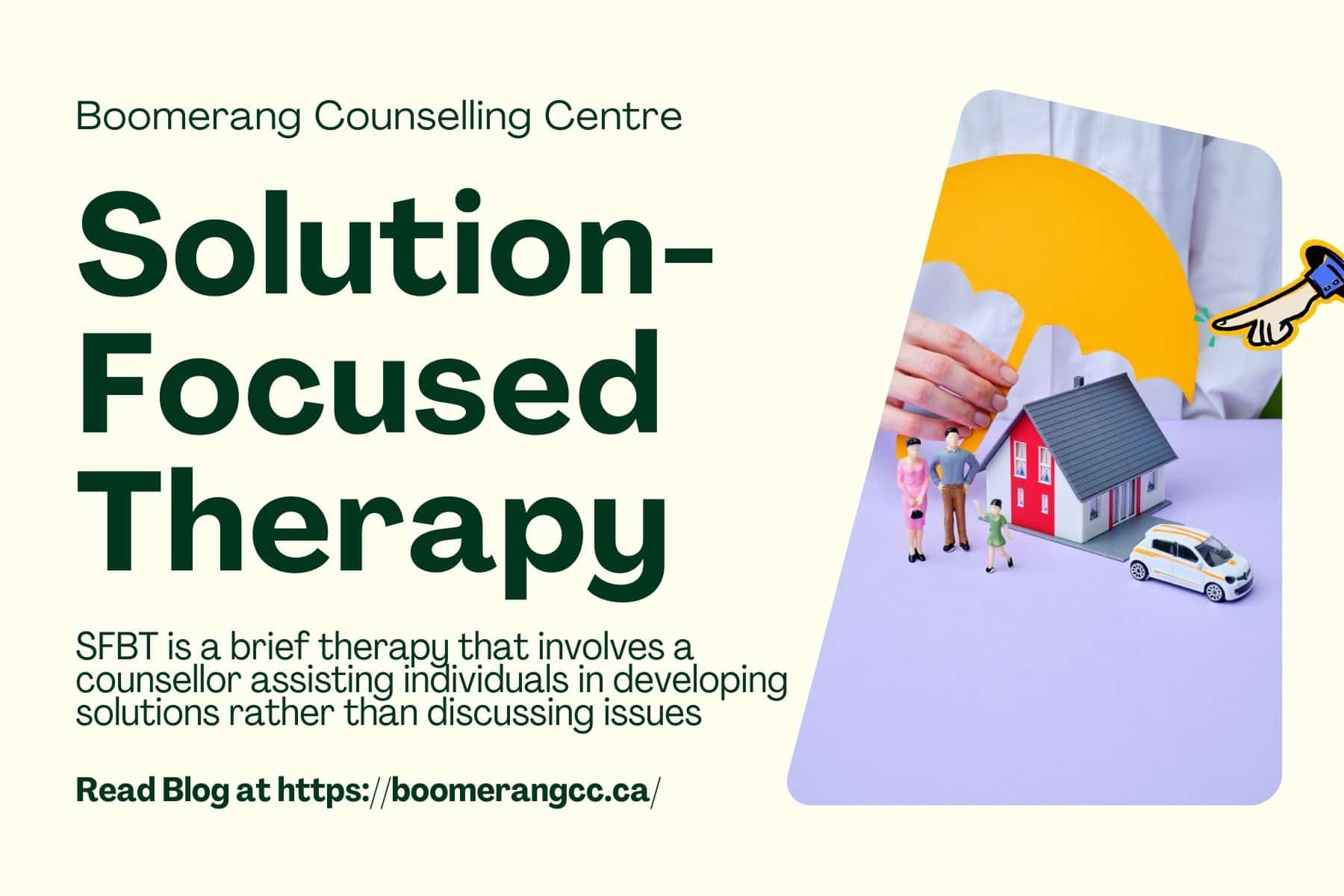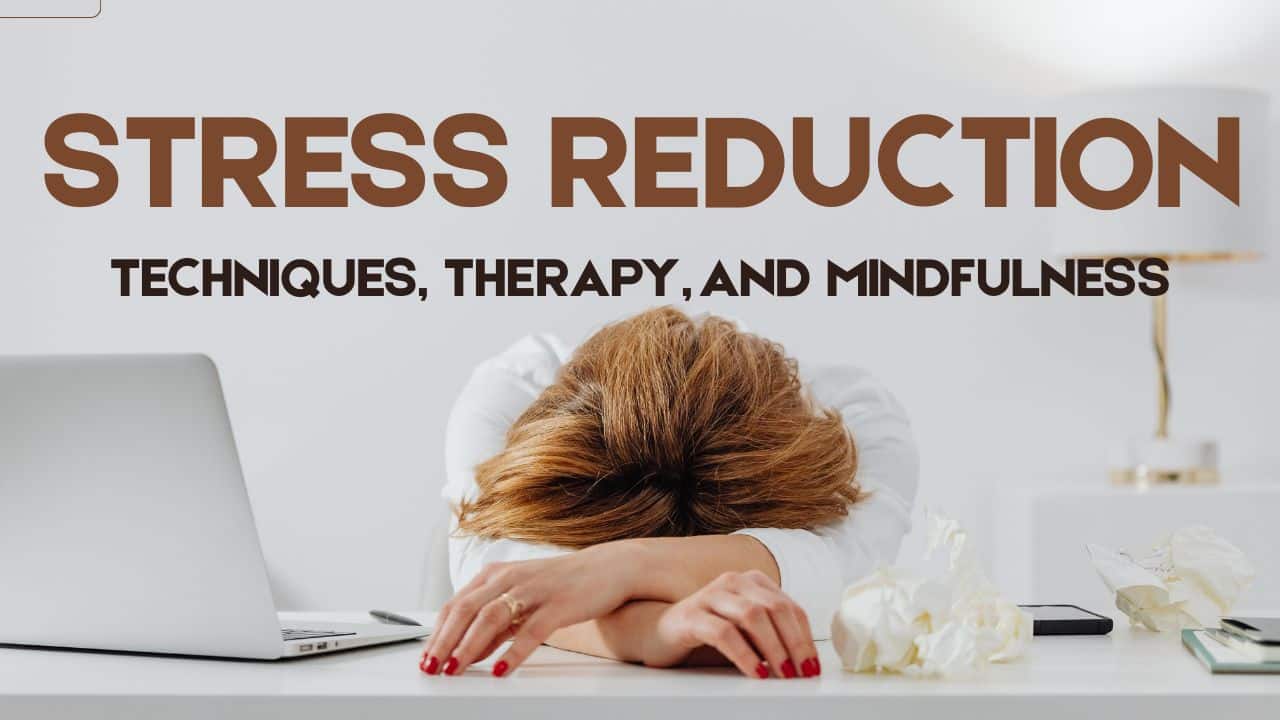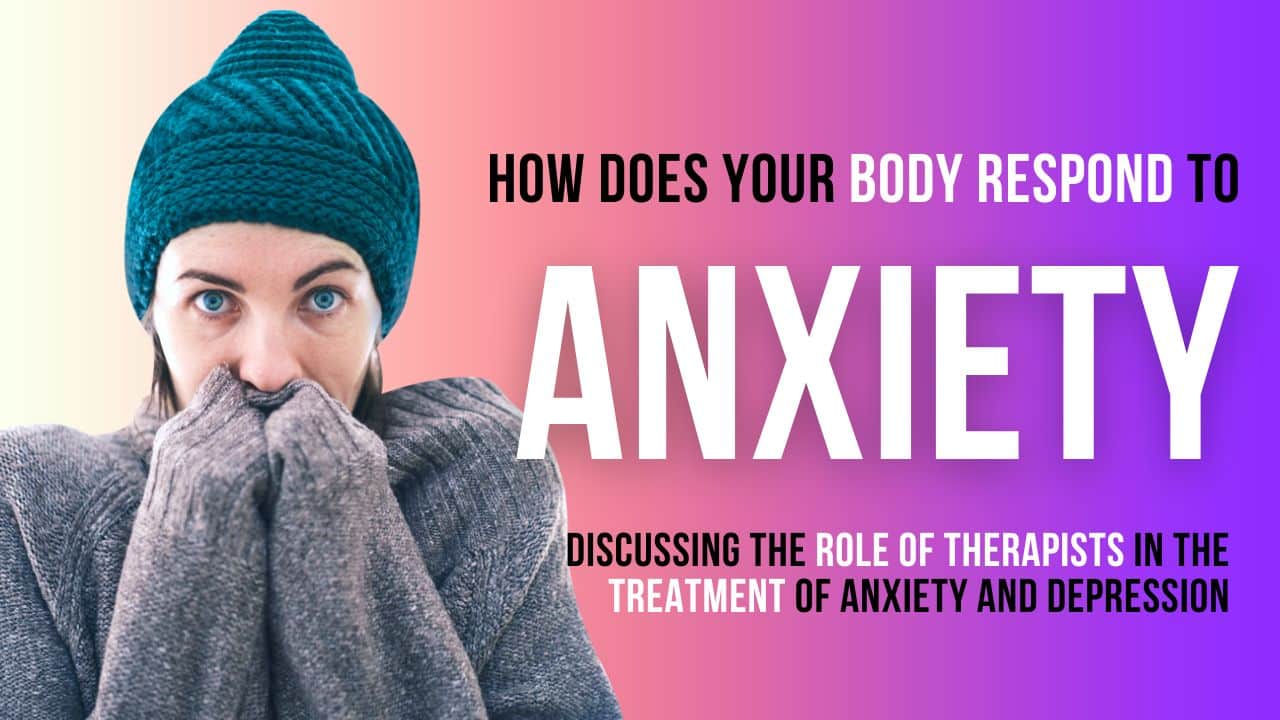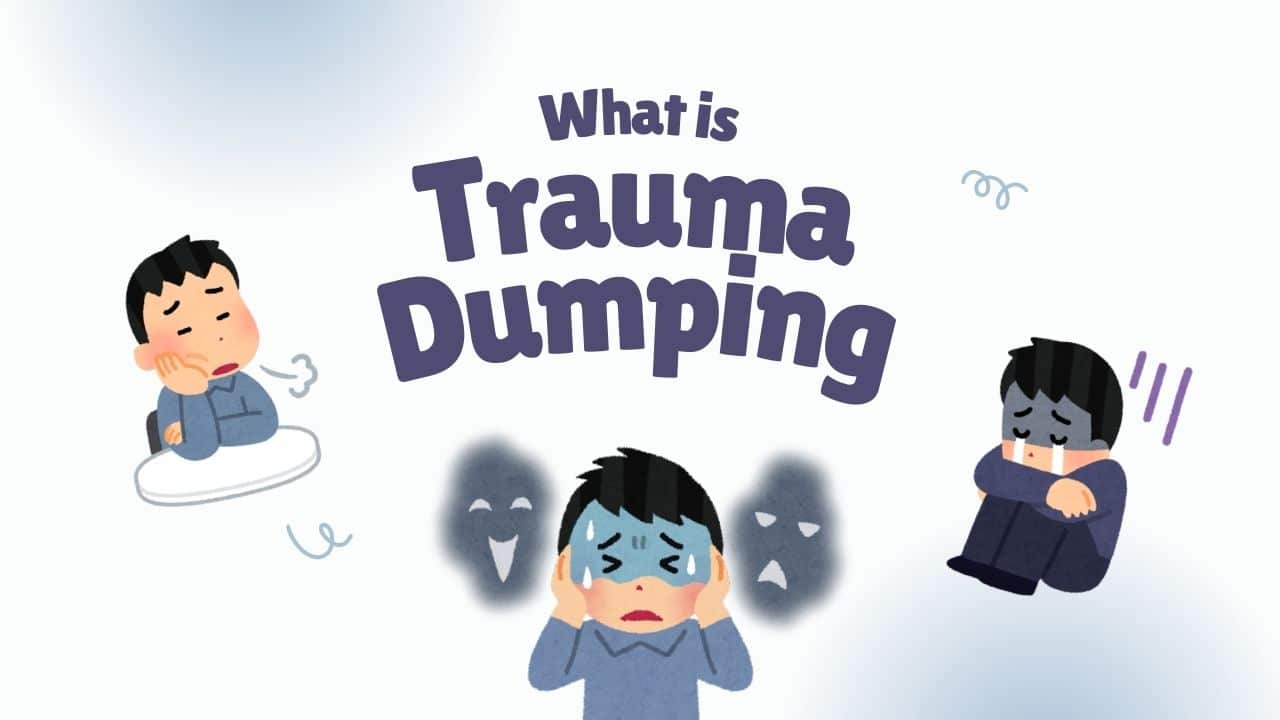Emotion-Focused Therapy (EFT) is a type of talk therapy with added layers. It helps people become more aware of how to manage their emotions. The premise of this therapy is that emotions play a significant role in people’s lives. It is through emotion that individuals express their thoughts and behaviours and form their identity and sense of self.
Our emotions control a huge part of our lives if not everything. Therefore, learning how to use our emotions and feelings effectively can help us understand, manage, and ultimately make our lives easier to a great extent. Participants who engage in this therapy can recognise and process emotions effectively, thereby improving their overall well-being.
EFT was initially developed in the 1990s by psychologist Dr. Gary Craig. Since that time, it has allowed people to overcome problems such as sadness, anxiety, trauma, and relationship troubles.
All About Emotion-Focused Therapy
During Emotional Therapy, the therapist assists the person in expressing their emotions. The aim is to help them experience their emotions more fully and understand the origin of the problems they are facing. This enables a participant to heal and bring about positive changes in their lives.
For example, a person who readily steers into anger may become aware that they feel hurt or maybe scared on the inside. Together with the therapist, they can explore those deeper feelings, which can bring greater self-awareness and help them to relax and positively direct their thoughts and behaviours over time.
During this time, it is essential to note that a professional EFT specialist will utilise their most up-to-date knowledge and techniques to help alleviate feelings of negativity and trauma in an individual while effectively listening to them.
Essentially, this type of treatment is not just a matter of talking. It is an understanding of experiencing things wholeheartedly in a safe and devoted place. The therapist makes the individual experience his feelings rather than concealing or avoiding them.

Does Emotion-Focused Therapy have a Research Background?
Yes, Emotion-Focused Therapy is based on extensive research. A lot of research indicates that it has been effective when applied to individuals facing depression, anxiety issues, trauma, and relationship issues.
Extensive research on the subject of EFT has been explored by scientists over the years. The conclusion indicates that it not only makes people feel better during the therapy but also in the long run.
A 2015 study found that EFT can be as beneficial as or even more useful than other forms of therapy for people with depression. In another study, it was found that EFT proved to be highly beneficial for couples struggling with their relationships. It makes them speak more, understand one another and be so close to each other once again.
New brain studies also suggest that processing emotions in therapy can alter the brain’s response to stress. It implies that EFT is not only effective in addressing emotions but can also promote brain health.
What Happens in an Emotion-Focused Therapy Session?
When you attend an EFT session, the therapist will make you feel relaxed. They will ask you some questions concerning your life, problems, and feelings. You will speak about the things that make you feel unhappy, angry or frightened.
The therapist may invite you to close your eyes and recall a vivid memory. During this time, a therapist might speak to you to listen to a part of your story and catch your emotions related to specific memories, such as your angry self or your sad self. This will help you perceive things in a better way and understand the reason behind your feelings.
In some cases, it may be possible that you shed tears or become emotional. This is acceptable. Tears can be a sign of change, grief, or letting go. It belongs to the recovery process. Throughout the entire process, the therapist would support you.
You May Also Want to Read About: Dialectical Behavior Therapy (DBT)
EFT suitable for whom?
Emotion-focused therapy can be helpful to many people, such as:
- Individuals who are sad or depressed
- Individuals who are anxious or worried a lot
- Individuals who experienced tough or frightening times
- Those angry individuals who do not understand the reason why they are angry all the time
- Those couples who are quarrelling or alienated from one another
- Individuals who do not like themselves or feel adrift
EFT is effective both for individuals and couples. Family EFT is another kind of EFT treatment. In both instances, the goal is to help people understand their emotions and communicate with one another more effectively.

How Does Emotion-Focused Therapy Work?
Emotion-focused therapy mostly follows some simple steps:
1. Understanding Feelings
First, the therapist helps you identify your feelings. Essentially, this step is crucial because many people are accustomed to concealing their emotions, and what they feel inside should be defined as a feeling.
2. Experiencing Emotions Intensely
Then, you further explore that feeling or group of different feelings. You can observe how you sense them in your body, such as a tight chest or heavy shoulders.
You discuss these feelings and attempt to remain alongside them.
3. The Alteration of the Emotion
The therapist helps you change the emotion after you have experienced it. For example, when you are ashamed or feeling sad, they will assist you in learning how to be kind to yourself or to build the strength to overcome that hurt.
4. There are New Emotions Taught
In the final process, you learn how to apply these new, healthier feelings to your day-to-day life. You are more in control over your emotions.
You begin to feel more confident, relaxed and powerful.
What You Should Know Before Seeing an Emotion-Focused Therapist.
To begin using Emotion Focused Therapy, seek a therapist who is trained in EFT. They ought to be friendly, gentle and capable of encouraging people to discuss their inner emotions in a safe and supportive environment.
A good EFT specialist should make you feel secure and judgment-free. It is alright to change therapists if you don’t feel comfortable at the first meeting or during the initial sessions. You’re there to feel good about yourself and to resolve your inner thought battles rather than creating new ones or, worse, creating more confusion.
Do You Know What is Acceptance and Commitment Therapy (ACT)
Final Thoughts
Emotion-focused therapy is an effective remedy against emotional pain. It helps you experience and acknowledge your emotions rather than avoiding them. With time, you will learn to manage your emotions more effectively, strengthen your relationships, and become more confident.
EFT is backed by scientific evidence and numerous research studies. It has benefited thousands of individuals, enabling them to feel better, be stronger, and lead happier lives. EFT could be your best attempt at dealing with sadness, fear, anger, or past pain.
A trained therapist will be able to help you on that journey with the help of emotion-based conversation. If you are ready to explore working with a therapist using EFT, Boomerang, a North Vancouver Counselling Centre, offers EFT where you can book a consultation online or inquire further, here www.boomerangcc.ca. Emotion-focused therapy can be a beneficial option if you are willing to explore and understand your emotions.

